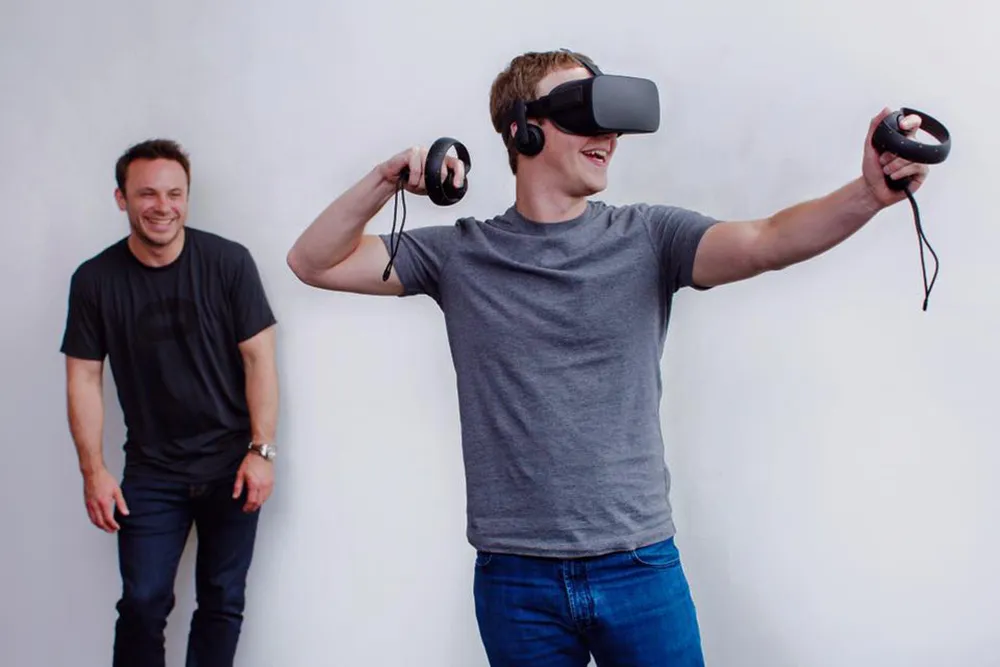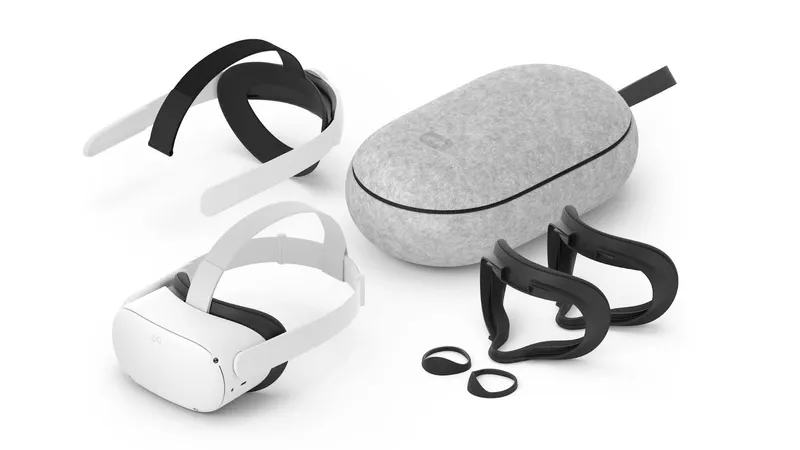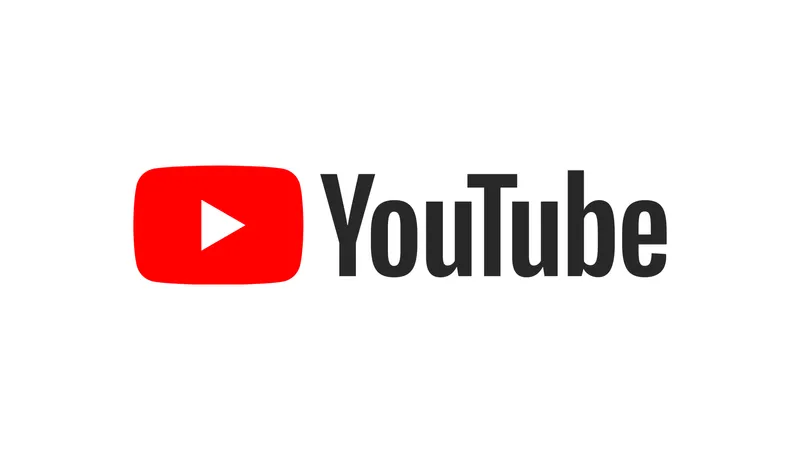Last week a lawsuit filed against Oculus and its management started its trial in Dallas, Texas. The suit is being filed by ZeniMax, an umbrella company that owns several high profile gaming studios such as Bethesda Softworks and id Software. The plaintiff alleges Oculus CTO John Carmack abused his former position at ZeniMax to give intellectual property to Oculus when it was just a fledgling startup.
This case is bringing all of the major Facebook/Oculus players to the stand including Carmack, Oculus co-founder Palmer Luckey, and Facebook CEO Mark Zuckerberg. Zuckerberg’s testimony yesterday led to some particularly interesting revelations, including the fact that Facebook reportedly offered $700 million more than we thought for Oculus during its acquisition.
When being questioned about his company’s well publicized $2.3 billion buyout of Oculus VR in early 2014, Zuckerberg said the actual cost was closer $3 billion when you figured in the retention of key employees. We don’t have a direct transcript of the case, at least not yet, but our reporter Garrett Glass in the courtroom heard the answer as well as a New York Times reporter, Mike Isaac. In a tweet posted yesterday before the court shut down live-tweeting, Isaac wrote that, according to Zuckerberg, “We bought the company for about 2b, had additional 700mm in retention for key folks, 300 mm earnout for milestones.”
It appears that the headline-making $2.3 billion Facebook disclosed in 2014 was comprised of a $2 billion purchase price and a $300 million “earnout,” which would grant workers extra money based on the achievement of secret milestones. That leaves the additional $700 million Zuckerberg mentioned as new information. This hefty amount would likely be delivered in restricted stock units, which is a common way of compensating people during acquisitions as it is meant to keep valuable employees on board during the transition. The stock typically vests over four or five years.
While that amount is unlikely to have been divided up evenly (the lion’s share likely going to a few key individuals instead), an article from the day of the acquisition lists around 100 employees and contractors employed by the company. Any way you cut it, that is a lot of money to motivate the Oculus team to stay with Facebook.
The Oculus/Zenimax case is continuing and we will provide updates. Stay tuned.

























